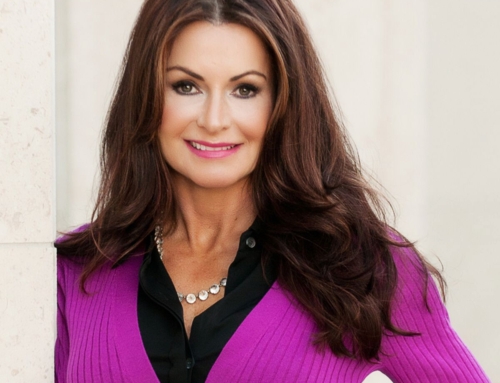In 2016, Liz Sprinkle woke up one morning, decided to kiss her six year corporate finance career goodbye, and bought a one way plane ticket to Hawaii. Her decision didn’t happen overnight, in fact it took quite a bit of time before the mounting anxiety of remaining in a stagnant life that brought her no joy overcame the fear and excuses. In paradise by the sea, Liz found her happiness again, becoming a dive master before making her way to South Lake Tahoe, California where she spent the winter season snowboarding. As a fitness enthusiast and avid adventurer, it was in Hawai’i where Liz began using CBD products and upon consistent use, it completely changed her life. After noticing the CBD marketplace lacked an approachable and aesthetically-pleasing brand, the concept of Love Always, Liz CBD Oil was built on a foundation of education with a feminine touch and launched in January 2019. It is through her passion for health, wellness, and self-care she hopes to positively impact lives through raising awareness, reducing the stigma of cannabis, and spreading as much aloha to as many people along the way.
Thank you so much for doing this with us, Liz! Can you tell us the “backstory” about what brought you to the cannabis industry?
I’m so grateful for the opportunity! In 2018, I was living in Hawaii and started using CBD oil out of curiosity as a fitness enthusiast and active adventurer. One day, my very conservative mom called to tell me she had read an article about CBD oil and was interested but incredibly hesitant to try it out. It wasn’t until that conversation, I realized the CBD marketplace lacked a feminine presence, approachable branding, and simple education specifically for women in the cannabis industry. From there, Love Always, Liz CBD Oil was born and I moved back home to North Carolina to launch the business in January 2019.
Can you share the most interesting story that happened to you since you began leading your company? Can you tell us what lesson you learned from that?
In May, along with most other E-commerce CBD businesses, my merchant services provider (MSP), the third-party vendor responsible for processing credit card payments online, stopped doing business with all CBD companies. Because they were the go-to MSP, it left the CBD industry in a downward tailspin and everyone was scrambling to get their credit card processor back up and running. I submitted countless applications to new potential MSPs and finally got accepted by the oldest and most experienced merchant services provider in the cannabis industry four months after our credit card processor went down. If I were in business selling anything other than cannabis, my application would’ve been processed and accepted within 2–3 weeks. The experience definitely taught me a lot patience and resolve!
Can you share a story about the funniest mistake you made when you were first starting? Can you tell us what lesson you learned from that?
There are too many to pick from! My mom has always said “you can’t cry over spilled milk,” so I look at making mistakes, although most of the time costly, as an opportunity for growth. Whether you’re selling socks or cannabis, no one hands you a manual on how to build a brand and a company from the ground up so the mistakes are inevitable. I always joke around to people who think I had all this experience when I launched my business that Google was and still is my best friend and if you saw my search history, it would be a lot of “how do you…” “where do you…” “what do you…” I often wonder how people started businesses before this day and age of technology and grateful for answers literally at my fingertips in my phone.
Do you have a funny story about how someone you knew reacted when they first heard you were getting into the cannabis industry?
When I announced I was starting Love Always, Liz CBD Oil, I think a lot of people didn’t take me seriously, let alone expected me to follow through and flourish. I think it’s natural for people to talk about wanting to be their own boss and not a cog in someone else’s wheel, but actually doing it is something totally different. Leaving your comfort zone, facing your fears, being vulnerable daily, taking big risks, especially financially, and making huge sacrifices stop people dead in their tracks but I have always found myself on the road less traveled in life.
None of us are able to achieve success without some help along the way. Is there a particular person who you are grateful towards who helped get you to where you are? Can you share a story?
My dad, Jim, who in his retirement works day in and day out on the books and finances of the company. He has always been my biggest supporter in my life endeavors and when I brought him this idea of starting a business, it was met with enthusiasm and we rolled up our sleeves immediately. It’s really special to work alongside my dad and I have enjoyed watching him become a CBD believer, which he uses and swears by for his shoulder arthritis. Everyone loves my dad and I love him even more.
Are you working on any new or exciting projects now? How do you think that will help people?
I am currently focused on getting through the holiday season and enjoying the creative process of new product development for this year!
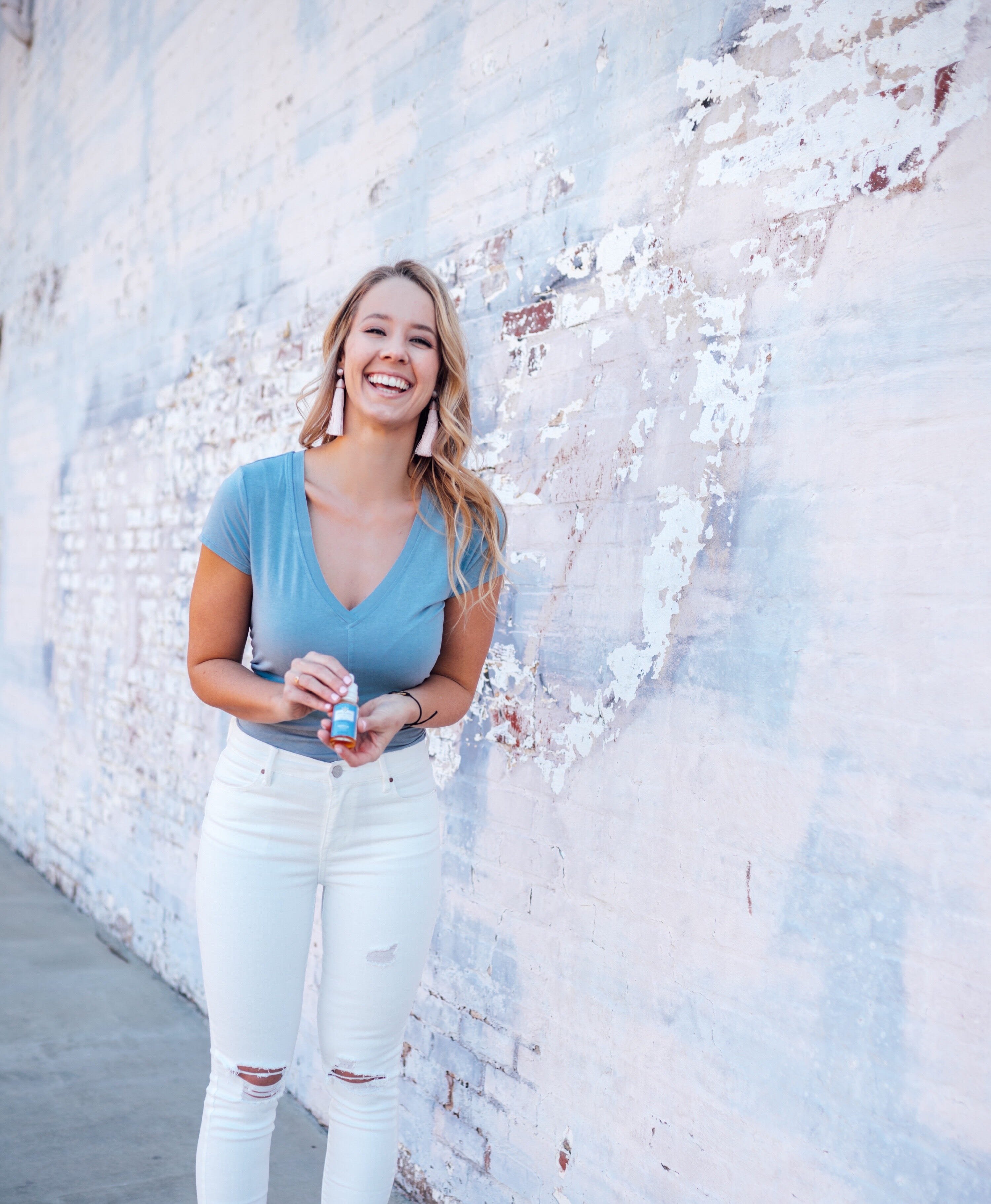
Ok. Thank you for all that. Let’s now jump to the main core of our interview. Despite great progress that has been made we still have a lot more work to do to achieve gender parity in this industry. According to this report in Entrepreneur, less than 25 percent of cannabis businesses are run by women. In your opinion or experience, what 3 things can be done by a)individuals b)companies and/or c) society to support greater gender parity moving forward?
I think in order for gender parity to occur in the cannabis industry, we really need to focus on de-stigmatizing cannabis and shifting people’s perspective as a society. Cannabis isn’t looked upon as being a feminine form of self-care because people have a hard time with mothers, grandmothers, daughters, and sisters being ‘high.’ When in reality, women, the biological caretakers, are the ones who need cannabis the most and you don’t have to get high to reap the benefits. I think because of this gender stigma, women are less likely to either use cannabis or be out in the open about it, let alone start their own cannabis company. When I originally set out on this mission, I wanted women to see cannabis as positive wellness tool. Taking care of yourself, while taking care of others, is a beautiful thing and should be celebrated, not shamed.
You are a “Cannabis Insider”. If you had to advise someone about 5 non intuitive things one should know to succeed in the cannabis industry, what would you say? Can you please give a story or an example for each.
-
- Brace for impact. Cannabis entrepreneurs are in what I commonly refer to as ‘the belly of the beast,’ selling one of the most controversial topics in this country in uncharted waters and it is not for the faint of heart. With no federal road map and a lot of ambiguity, it’s not a matter of ‘if’, it’s a matter of ‘when’ the setbacks will happen. If you have passion and a genuine love for what you do, you will learn to weather and navigate the worst of storms.
- Stay in the know. Always stay up to speed daily on what is happening politically, economically, and in specific industries such as healthcare and banking to not only educate people but prepare for those setbacks. Spin positive information such as new medical research or success stories to bolster your message to your audience and use the negative to prepare for the next storm. For example, I just found out the other day as of June 2020, North Carolina is outlawing smokable hemp flower since it looks and smells exactly like marijuana flower. While this does not specifically impact my business, people will ask me for my opinion on it and I always see it as an opportunity to open up a positive dialogue about cannabis.
- Create a network. Ever since I hopped on this crazy ride, I can’t even begin to describe to you the immense support I feel when I reach out to fellow cannabis entrepreneurs. It’s this movement and common mission that bonds us and whenever I experience a setback, I reach out to my trusted contacts to lament, seek advice, and point me in the right direction. It also helps to know we’re all experiencing the same aches and pains and I’m not alone. There are people that have come before you that are paving a path: take advantage of this.
- Be prepared for limitations. You’d be surprised how much you’re restricted by being a cannabis business and what companies still consider CBD to be a narcotic even though the 2018 Farm Bill removed it from the list of Schedule 1 Drugs. Most large banks won’t let you open a business account, PayPal will put you on a black list if they catch you using their service platform to process payments, and Shopify will allow you to have a CBD website but will not serve as a payment gateway for credit cards. It will take some time for these larger companies and institutions to come around but you still have options which is why creating your own personal cannabis network is crucial to getting the inside scoop.
- Get creative. Social media platforms such as Facebook and Instagram don’t allow you to purchase sponsored advertising, so you have to consistently maintain an organic presence in order to be seen. Trust me, this is a lot harder than it sounds and can be very time consuming, but social media is an incredibly powerful business tool for exposure.
Can you share 3 things that most excite you about the cannabis industry?
- The future of medicine. I truly believe that cannabis and CBD is the wave of the medical future so I’m really excited to see skeptics become believers, lives continue to be changed for the better, and new research to emerge.
- Endless new products coming to the market. You are beginning to see CBD everywhere and it makes me really proud to be a part of it.
- Long term impact. According to Forbes the CBD industry is projected to be worth $25 billion by 2025. Think about the effect that’s going to have on our economy and healthcare in so many ways!
Can you share 3 things that most concern you about the industry? If you had the ability to implement 3 ways to reform or improve the industry, what would you suggest?
- Counterfeit products. A 2018 blind study showed that only 31% of 84 online products tested contained the amount of CBD claimed on their labels and some didn’t contain any at all. That means you have a 69% chance of purchasing a product that is being falsely advertised to you! Currently, there are only 4 states that impose mandated regulation on cannabidiol manufacturing: Colorado, Oregon, Washington, and Alaska. I always encourage people to make sure your products are being 3rd party lab tested by an independent laboratory for quality and potency assurance.
- Pricing. With such a hot, emerging market and the easy access to enter it, people are taking advantage of the consumer’s lack of product knowledge and charging exorbitant prices for CBD products. What good does a holistic, effective catch-all solution to people’s healthcare problems do if they have to practically take out a second mortgage to pay for it? It makes you no better than the pharmaceutical industry who marks up drugs in high demand by 1000%. As a business owner, I believe in capitalism but as a person, I also believe in the moral concept of affordable pricing.
- The unknown. I’m constantly on edge waiting for the other shoe to drop but I am confident with time that we will all come out on the other side of this.
What are your thoughts about federal legalization of cannabis? If you could speak to your Senator, what would be your most persuasive argument regarding why they should or should not pursue federal legalization?
I believe cannabis should be federally legalized and would encourage my Senator to focus on the positive side of legalization instead of the negative. Cannabis isn’t the culprit of fundamental issues in our country, cannabis is the solution. Cannabis isn’t a drug, cannabis is a plant that grows out of the ground that has been used since the dawn of time for a myriad of reasons and serves as a holistic medical alternative in lieu of synthetically manufactured drugs. The proverbial cannabis cat is out of the bag and it’s only a matter of time before our federal and state government bend a knee to it.
Today, cigarettes are legal, but they are heavily regulated, highly taxed, and they are somewhat socially marginalized. Would you like cannabis to have a similar status to cigarettes or different? Can you explain?
I believe this approach makes the most sense for cannabis and is a great quid pro quo for legalization in our capitalistic economy and political environment. I live in the state of North Carolina where teacher pay is ranked 29th out of the 50 states and my sister, who teaches kindergarten, has to supplement her classroom school supplies from her own pocket. Why not take those taxes from legalized cannabis sales and fund pivotal programs in our society who need it the most?
Can you please give us your favorite “Life Lesson Quote”? Can you share how that was relevant to you in your life?
My dad has always told me “Stay positive.” It’s so simple, yet so meaningful. I’m very big on manifestations, law of attraction, energy, and believe in the power of looking at the glass half full. Once you put yourself in the headspace to receive good things in your life, good things will always find their way to you. Sara Blakely, founder of Spanx and the first female self-made billionaire, once said, “Universe, give me the idea and I will not squander it,” and two years later she founded her company. But because I already have the idea and the vision, instead I say “Universe, give me the opportunity, and I will not squander it.”
You are a person of great influence. If you could inspire a movement that would bring the most amount of good to the greatest amount of people, what would that be? You never know what your idea can trigger. 🙂
6 months ago, my best friend of 12 years died of accidental fentanyl-alcohol cocktail overdose at 30 years old. She was beautiful, intelligent, outgoing, incredibly successful and the most loyal person I’ve ever met. She climbed the corporate ladder at one of the largest financial institutions in the country, managed hundreds of employees while simultaneously finishing her MBA. But she dealt with clinical anxiety, was struggling, and ultimately ended up slipping in the worst kind of way on a very slippery slope that cost her her life. I often wonder if she had access to legalized medical cannabis instead of being pumped full of SSRIs and using substances to cope, if she would still be standing next to me when I get married one day, we’d raise our children together as moms, and travel the world in our old age.
The opioid epidemic is very real and doesn’t discriminate against race, gender, religion, or socioeconomic background. I never thought in a million years it would directly impact me this way or that it would become my new “why.” I have struggled to tell her story on my own journey of grief because she was so much more than the way she left this world and I constantly question if she would want me to use my influence and voice to honor her memory. At the end of the day, I have decided that keeping quiet is not an option, but being vocal and vulnerable about another stigmatized issue in this country, mental healthcare, needs to be brought to the forefront of discussion.
Thank you so much for the time you spent with this. We wish you only continued success!

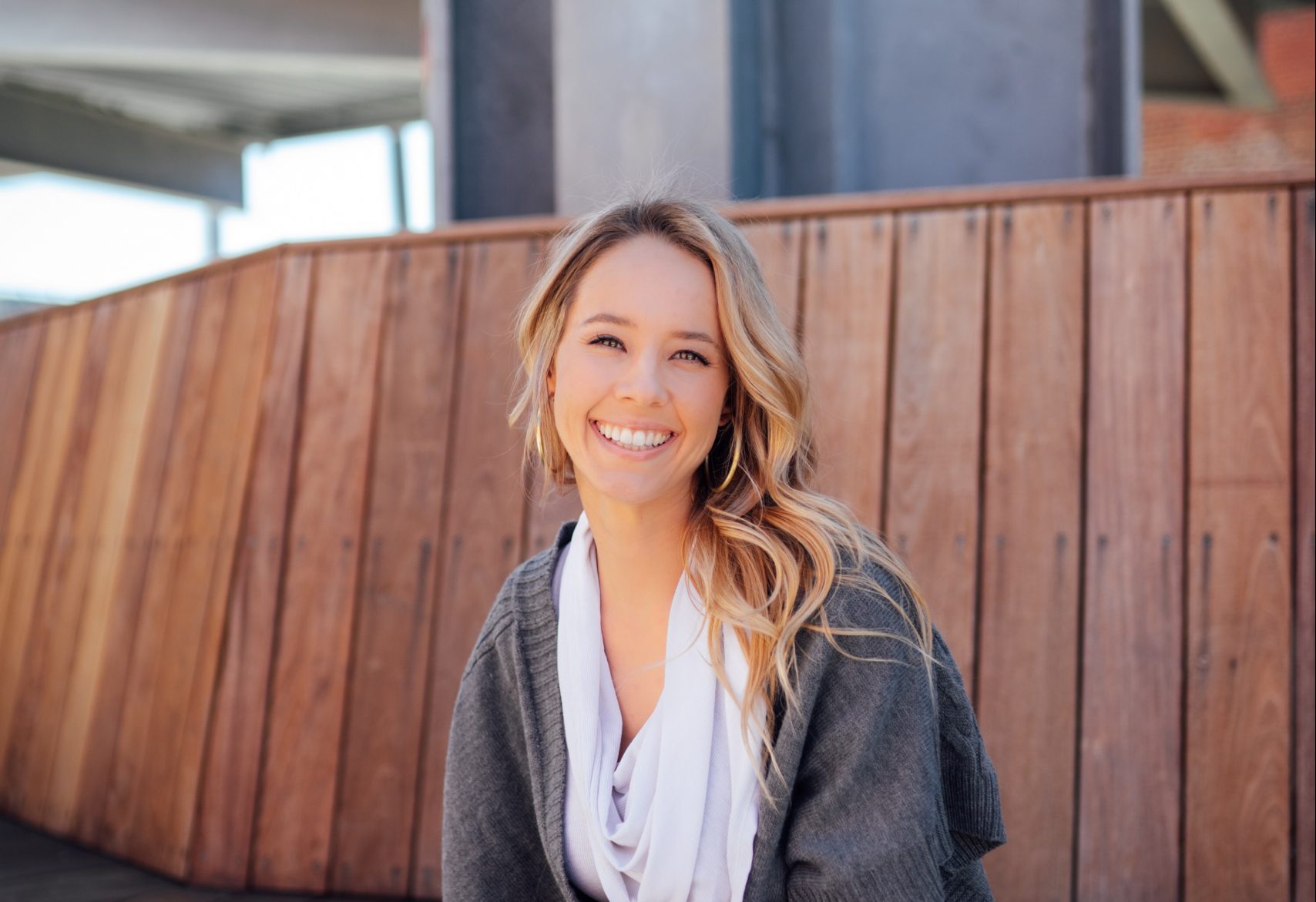
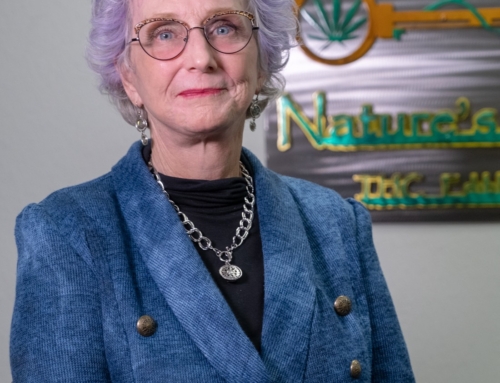
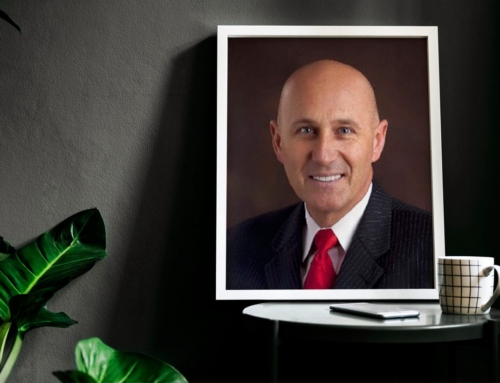
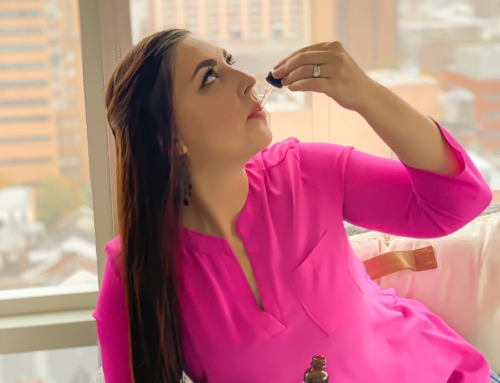

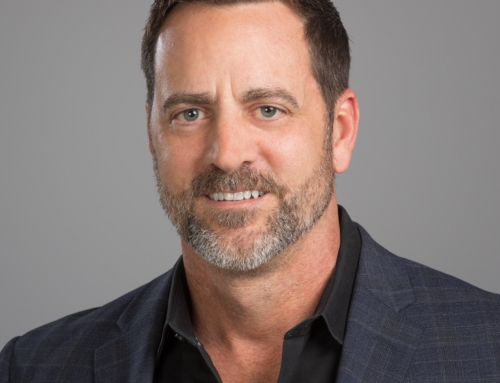
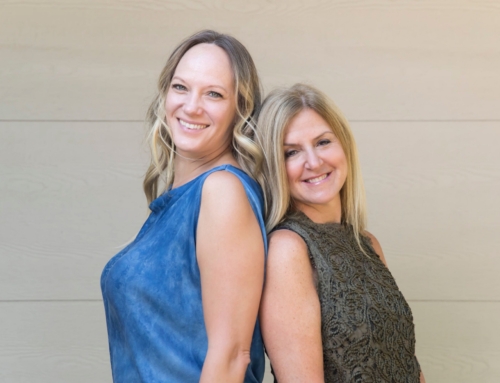
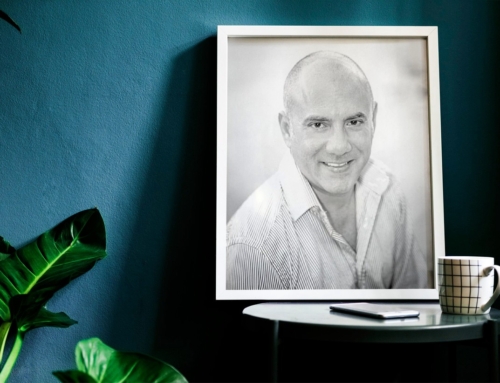
![“The potential to help people [in this industry] is enormous, but there’s still so much to learn.” – Ramon Alarcon, Witi](https://cf.lakesideremedy.com/wp-content/uploads/2020/12/1thj5ekUyxQ69iLz1JJyODg-scaled-e1607882756286-500x383.jpeg)
